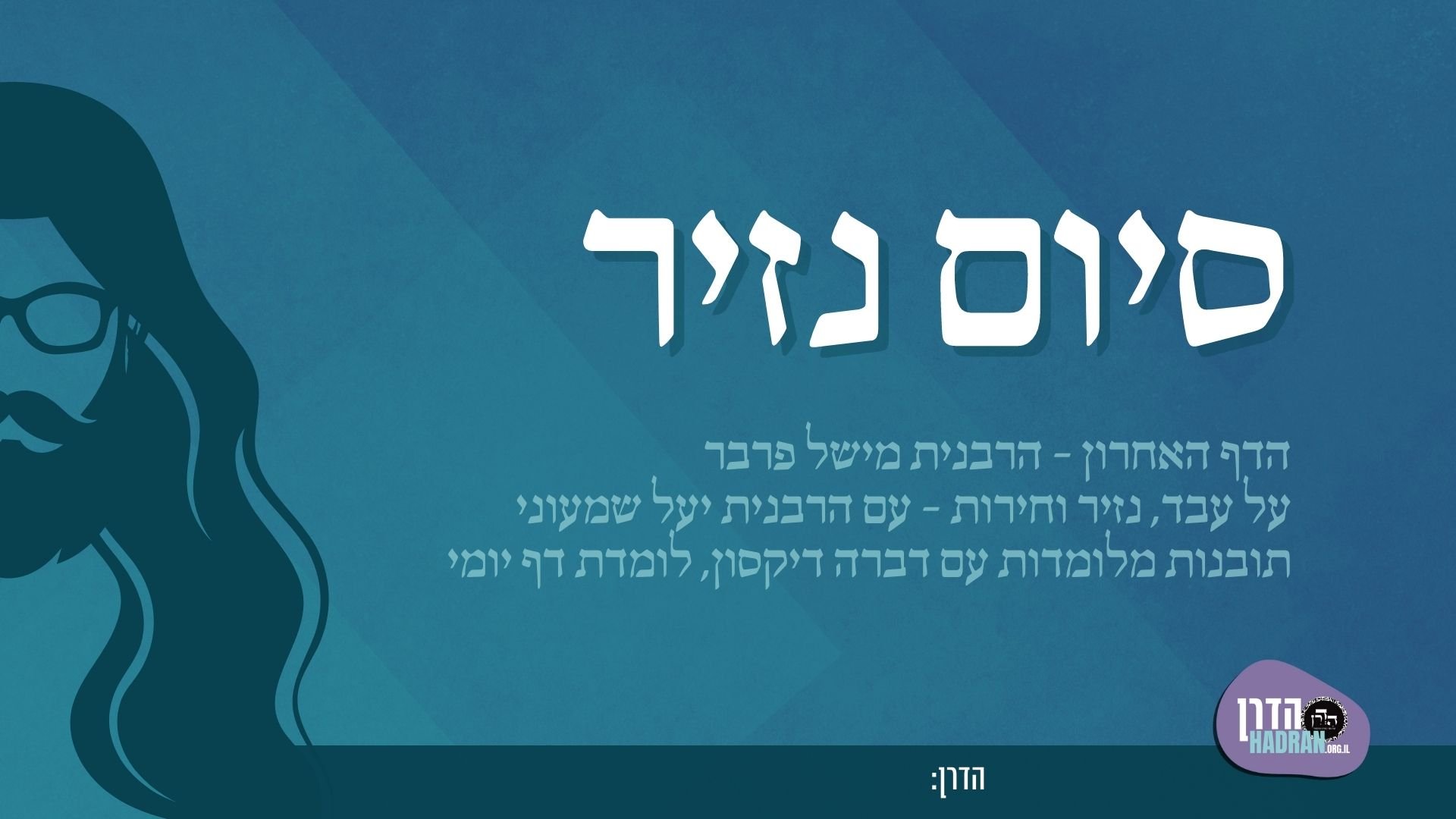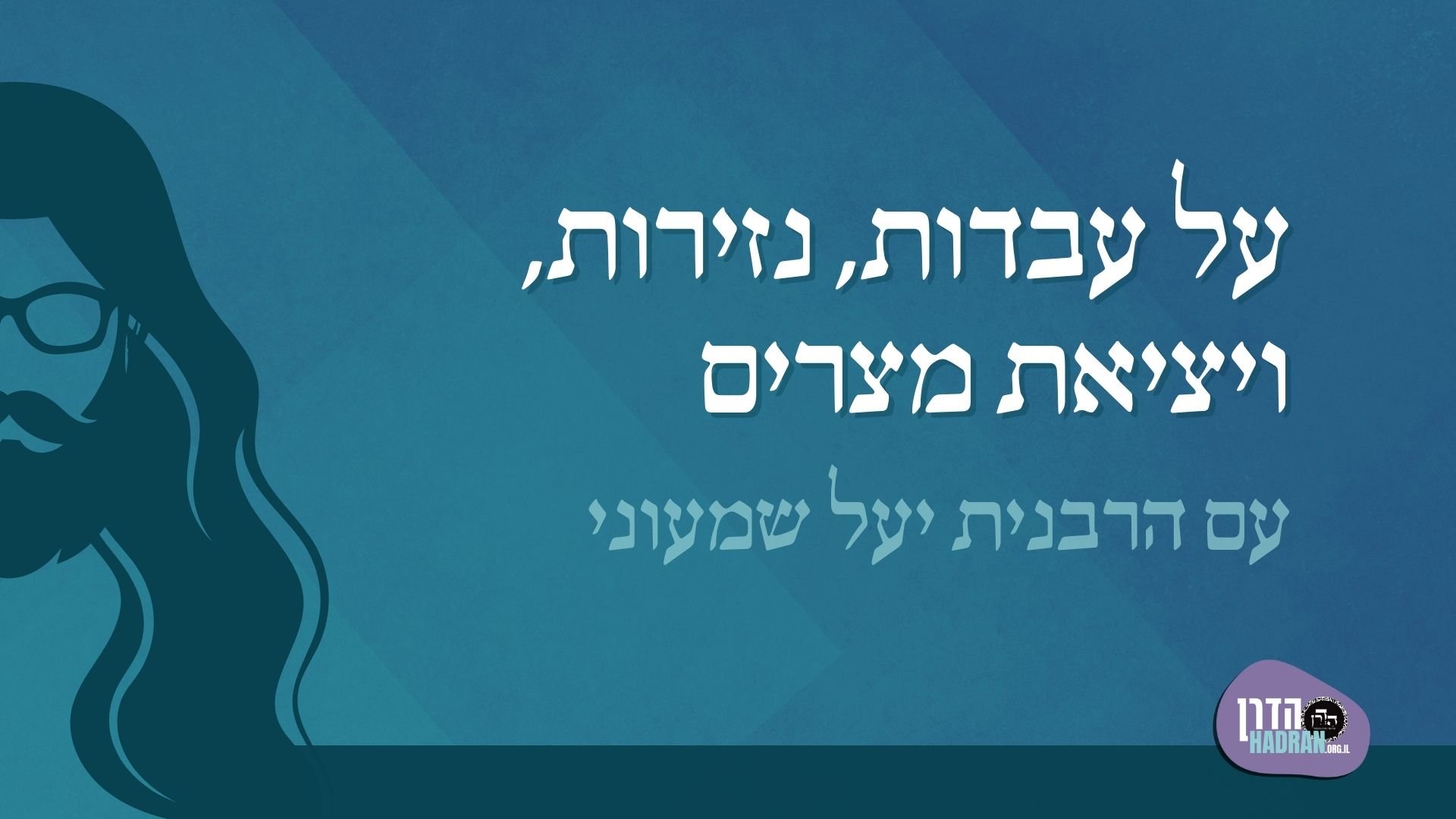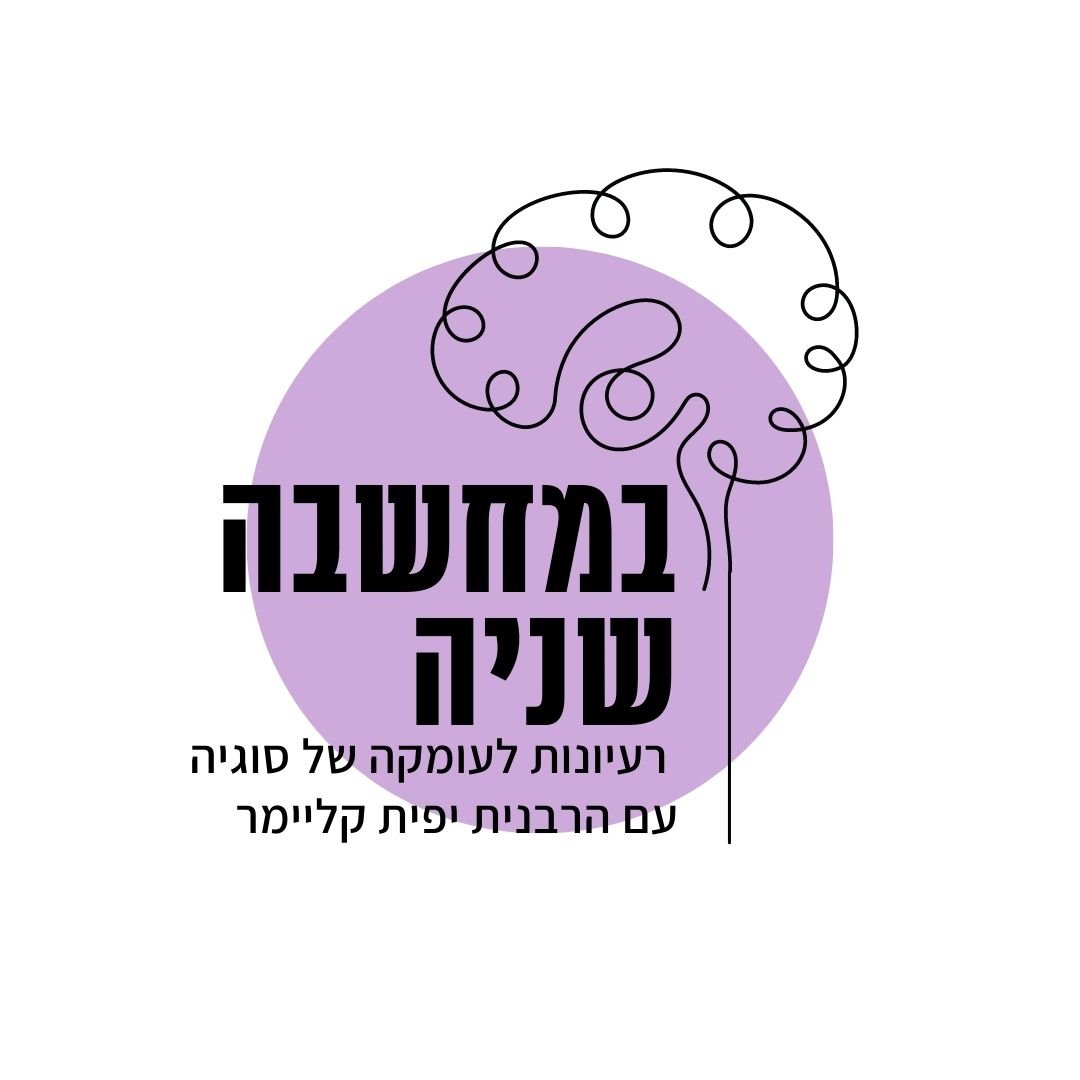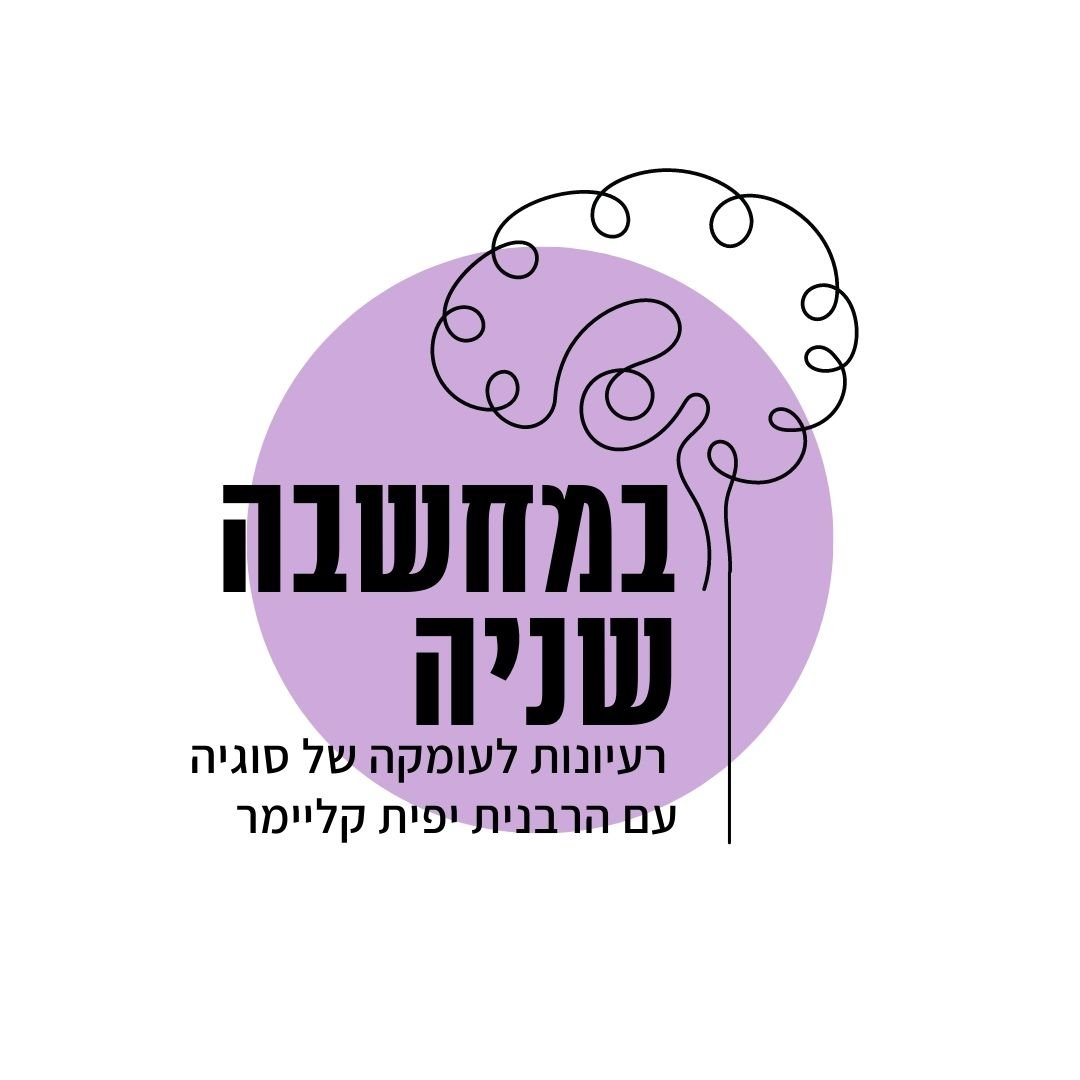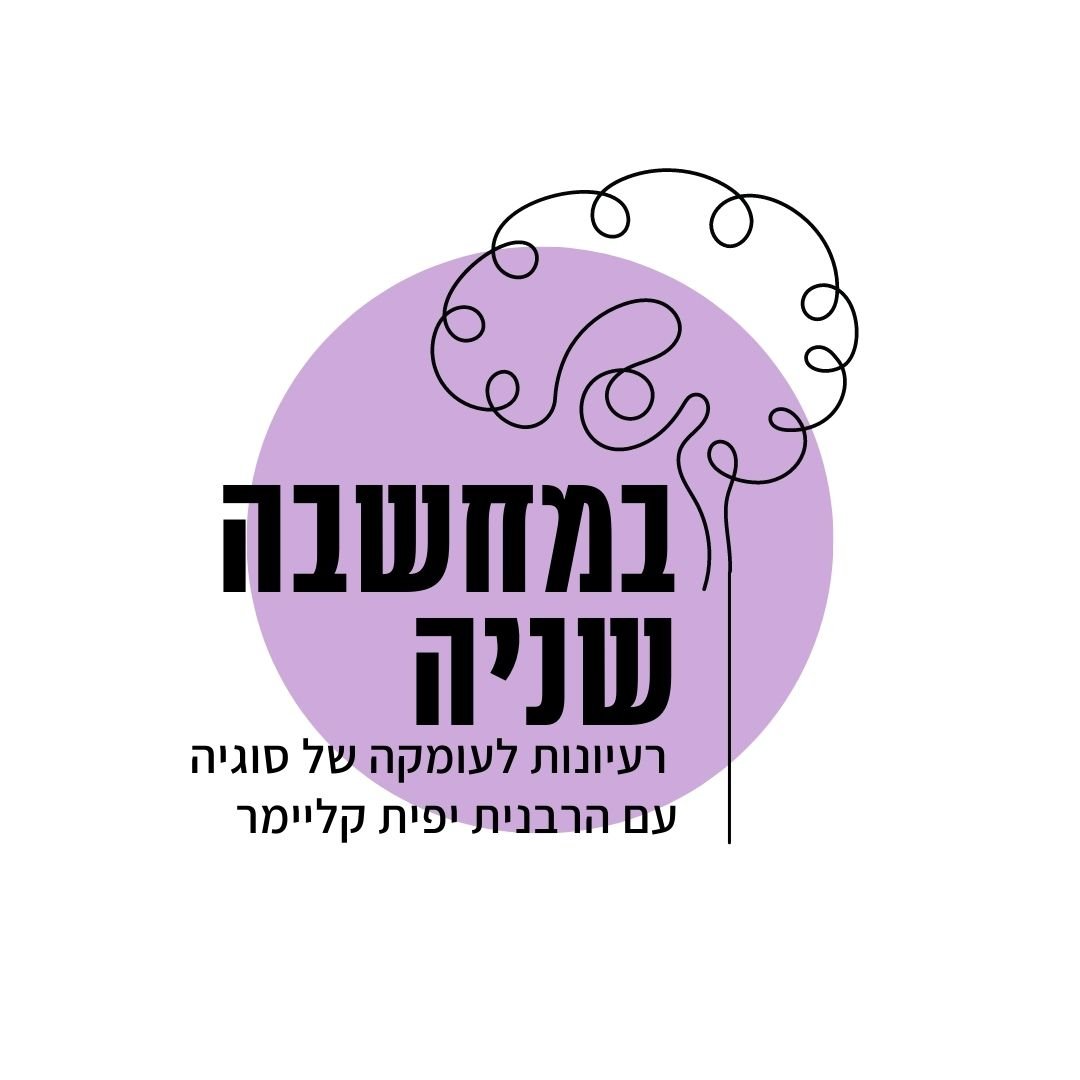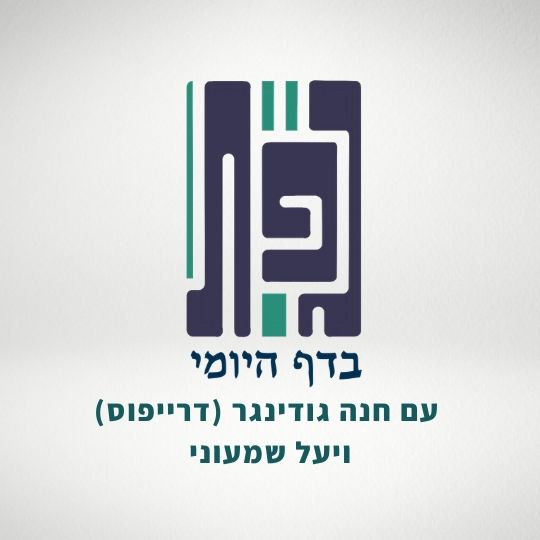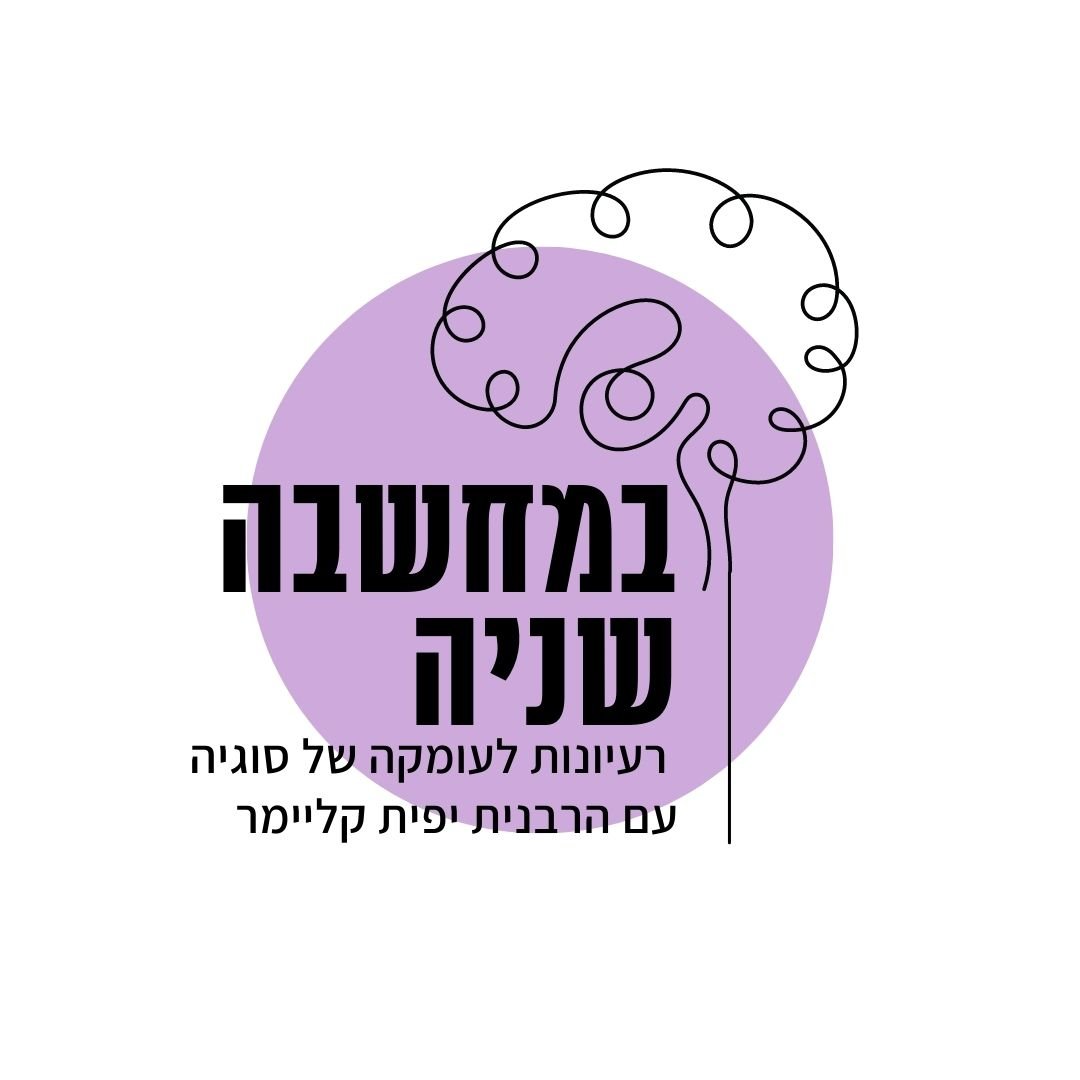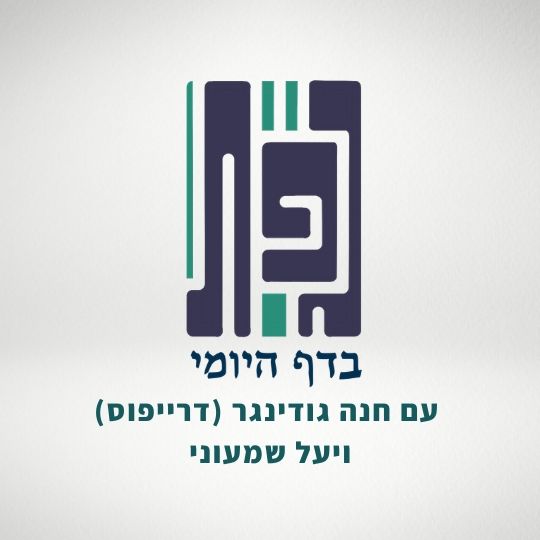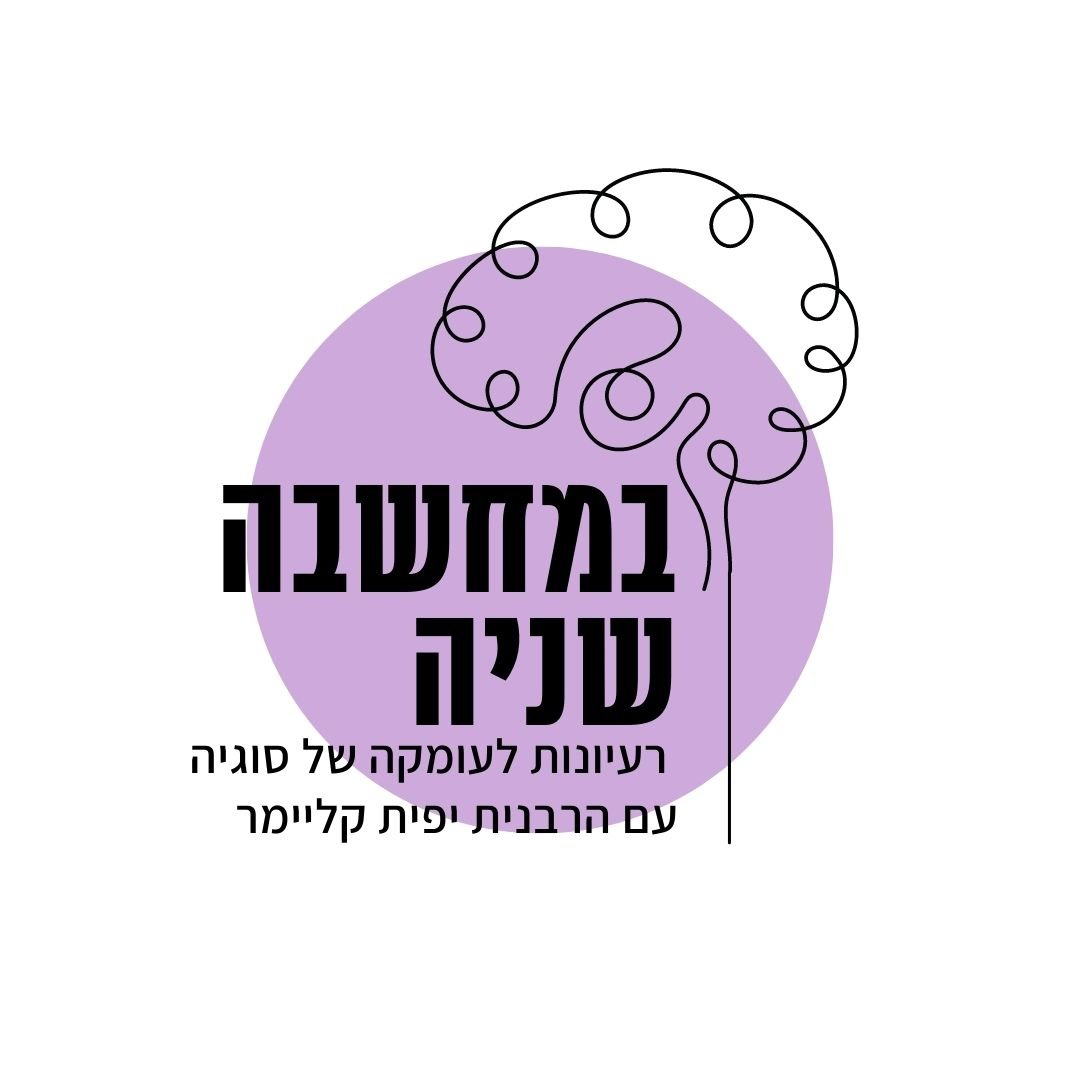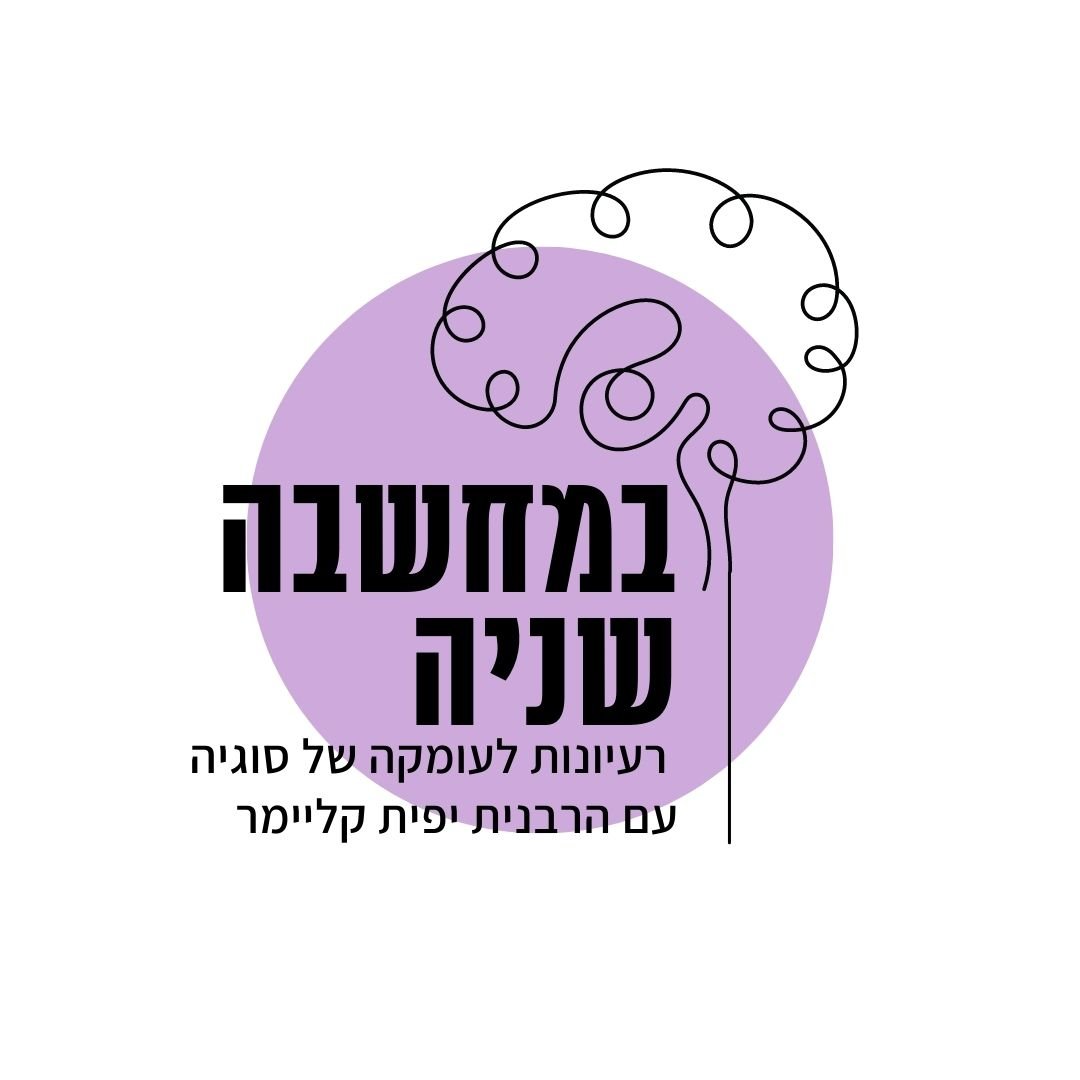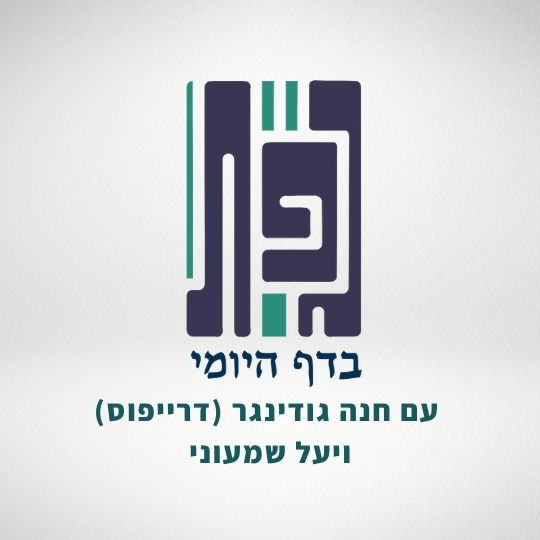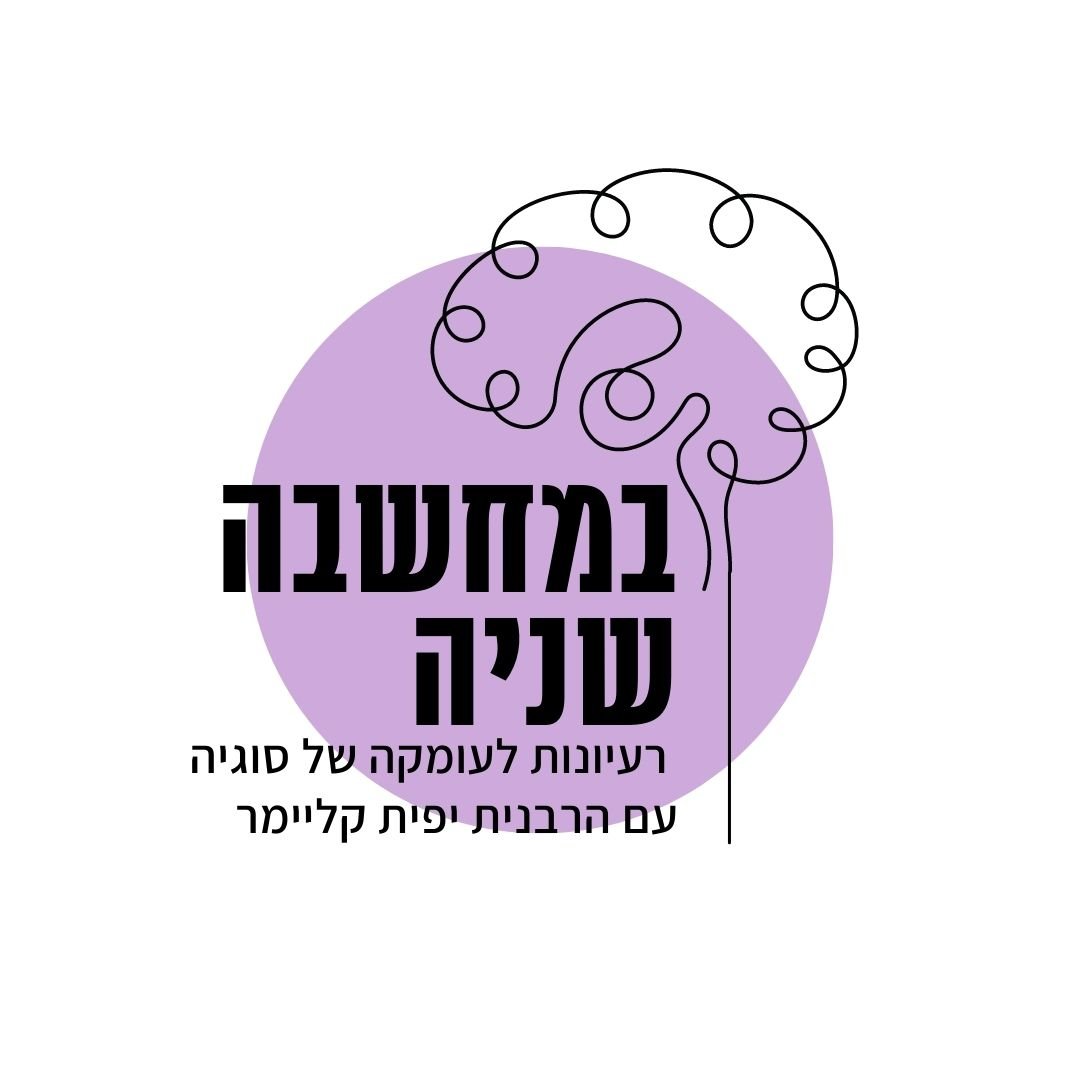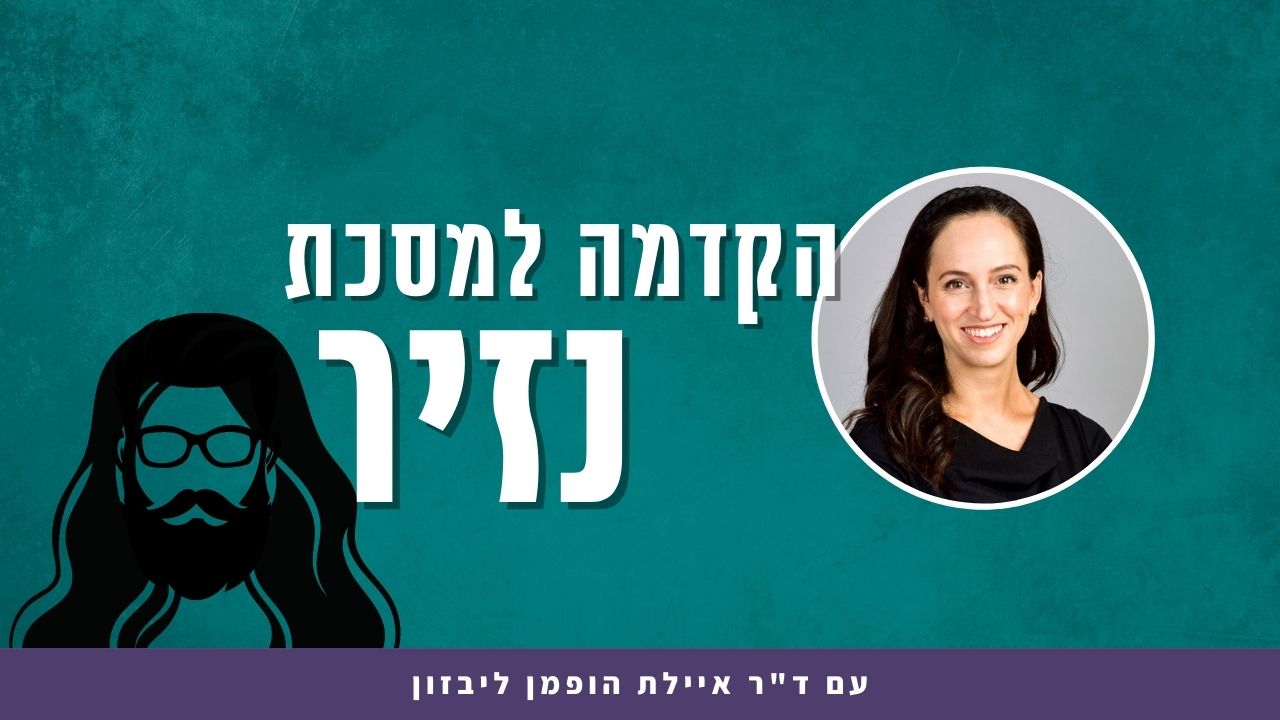נזיר מג
בְּבַיִת נָמֵי, כֵּיוָן דְּאַעֵיל יְדֵיהּ — אִיסְתָּאַב, כִּי עָיֵיל כּוּלֵּי, הַאי טָמֵא הוּא!
The Gemara asks: With regard to one who enters into a house too, why should he be liable twice? Since one typically enters a place with his hands before his body, once he inserts his hand he immediately becomes ritually impure. This means that when all the rest of him enters, this person is already impure.
אֶלָּא אָמַר רַבִּי אֶלְעָזָר: צֵירַף יָדוֹ, מִשּׁוּם טוּמְאָה — אִיכָּא, מִשּׁוּם בִּיאָה — לֵיכָּא. וְצֵירַף גּוּפוֹ — טוּמְאָה וּבִיאָה בַּהֲדֵי הֲדָדֵי קָאָתוּ. הָא אִי אֶפְשָׁר דְּלָא עָיֵיל חוֹטְמוֹ בְּרֵישָׁא, וְנָחֵית לֵיהּ טוּמְאָה!
Rather, Rabbi Elazar said: If he inserted his hand into the house first, there is liability due to contracting ritual impurity; however, there is no liability due to entering the enclosure. But if he joined his body and his hands, i.e., all of him entered at once, contraction of impurity and entering the enclosure occur simultaneously, and in that case he is liable twice. The Gemara objects: It is impossible that his nose would not enter first, and once it does, impurity would descend to it and thereby to this person immediately, before the rest of his body entered the house.
אֶלָּא אָמַר רָבָא: הִכְנִיס יָדוֹ, מִשּׁוּם טוּמְאָה — אִיכָּא, מִשּׁוּם בִּיאָה — לֵיכָּא. הִכְנִיס גּוּפוֹ — טוּמְאָה וּבִיאָה בַּהֲדֵי הֲדָדֵי קָא אָתְיָין. וְהָא אִי אֶפְשָׁר דְּלָא עָיֵיל אֶצְבְּעָתָא דְכַרְעֵיהּ בְּרֵישָׁא וְנָחֵת לְהוּ טוּמְאָה!
Rather, Rava said: If he entered with only his hand there is liability due to contracting ritual impurity, but there is no liability due to entering an enclosure with a corpse, as he cannot be considered inside the house. If he entered with his body by standing upright so that his head would not enter first, contraction of impurity and entering the enclosure occur simultaneously. The Gemara asks: But even so, it is impossible that his toes would not enter first, and once they do, impurity would thereby descend to them, causing him to become impure before his entire body enters the house.
אֶלָּא אָמַר רַב פָּפָּא: כְּגוֹן שֶׁנִּכְנַס בְּשִׁידָּה תֵּיבָה וּמִגְדָּל, וּבָא חֲבֵירוֹ וּפָרַע עָלָיו אֶת הַמַּעֲזִיבָה, דְּטוּמְאָה וּבִיאָה בַּהֲדֵי הֲדָדֵי קָאָתְיָין. מָר בַּר רַב אָשֵׁי אָמַר: כְּגוֹן דְּעָיֵיל כְּשֶׁהוּא גּוֹסֵס, וּנְפַק נִשְׁמְתֵיהּ אַדְּיָתֵיב. דְּטוּמְאָה וּבִיאָה בַּהֲדֵי הֲדָדֵי קָאָתְיָין.
Rather, Rav Pappa said: We are dealing with a case where one entered into a house in a chest, a box, or a cabinet, which are not susceptible to ritual impurity and which protect their contents from impurity when they can hold more than forty se’a, and another came and opened the cover of the vessel from over him. In that case contracting impurity and entering the enclosure occur simultaneously. Mar bar Rav Ashi said: It is referring to a case where one entered the house when someone there was dying, and the latter’s soul departed when he was sitting there. In that case too, contracting impurity and entering the enclosure with a corpse occur simultaneously. Since there was no corpse in the enclosure when he entered, he is considered to have entered an enclosure with a corpse at the moment the person died.
תָּנוּ רַבָּנַן: ״לְהֵחַלּוֹ״, עַד שָׁעָה שֶׁיָּמוּת. רַבִּי אוֹמֵר: ״בְּמוֹתָם יִטַּמָּא״, עַד שֶׁיָּמוּת.
§ With regard to the ritual impurity of a corpse, the Sages taught: The Torah states concerning a priest’s exposure to ritual impurity imparted by a corpse: “He shall not become impure, a chief among his people, to profane himself” (Leviticus 21:4), from which it is derived that the prohibition does not apply until the time that the person with whom he comes into contact dies. A priest does not become impure or profane his priesthood at any earlier stage. Rabbi Yehuda HaNasi says that the verse stated with regard to a nazirite: “He shall not become impure for his father, or for his mother, for his brother, or for his sister, when they die” (Numbers 6:7), from which one can infer that when they die, one contracts ritual impurity from them, i.e., not until the other person actually dies.
מַאי בֵּינַיְיהוּ? אָמַר רַבִּי יוֹחָנָן: מַשְׁמָעוּת דּוֹרְשִׁין אִיכָּא בֵּינַיְיהוּ. רֵישׁ לָקִישׁ אָמַר: גּוֹסֵס אִיכָּא בֵּינַיְיהוּ. לְמַאן דְּאָמַר מִ״לְּהֵחַלּוֹ״ — אֲפִילּוּ גּוֹסֵס, לְמַאן דְּאָמַר ״בְּמוֹתָם״ — עַד שֶׁיָּמוּת אִין, גּוֹסֵס לָא.
The Gemara asks: What is the difference between these two derivations? They apparently state the same halakha from different verses. Rabbi Yoḥanan says: The interpretation of the meaning of the verse is the difference between them. There is no practical difference between them; rather, they derive the halakha from different verses. Reish Lakish said: The difference between them is with regard to a dying person: According to the one who says that one derives the halakha from “He shall not become impure, a chief among his people, to profane himself,” even a dying person is included in the prohibition of impurity. According to the one who says that it is derived from “when they die,” once he dies, yes there is impurity, whereas a dying person, no, he does not impart impurity.
וּלְמַאן דְּאָמַר מִ״לְּהֵחַלּוֹ״, הָכְתִיב ״בְּמוֹתָם״! מִיבְּעֵי לֵיהּ לְכִדְרַבִּי. דְּתַנְיָא, רַבִּי אוֹמֵר: בְּמוֹתָם אֵינוֹ מִטַּמֵּא, אֲבָל מִטַּמֵּא בְּנִגְעָתָם וּבְזִיבָתָם.
The Gemara asks with regard to Reish Lakish’s opinion: And according to the one who says that it is derived from “to profane himself,” isn’t it written: “When they die”? What does he derive from that verse? The Gemara answers: He requires that verse for that which was taught by Rabbi Yehuda HaNasi. As it is taught in a baraita that Rabbi Yehuda HaNasi says that the verse stresses “when they die,” to teach: In a case when they die he may not become impure; however, he may become impure from their leprosy or from their gonorrhea-like discharge. A nazirite is prohibited from contracting ritual impurity only if it is from a corpse.
וּלְמַאן דְּאָמַר ״בְּמוֹתָם״, הָא מִיבְּעֵי לֵיהּ לְהַאי סְבָרָא! אִם כֵּן, לֵימָא קְרָא ״בְּמוֹת״, מַאי ״בְּמוֹתָם״ — שָׁמְעַתְּ מִינַּהּ תַּרְתֵּי.
The Gemara asks: And according to the one who says that the earliest time the prohibition takes effect is derived from the phrase “when they die,” he also requires that verse for this reason; how does he derive two halakhot from the same verse? The Gemara answers: If so, let the verse state: When he dies; what is the reason for the emphasis of “when they die”? You can learn from this verse two halakhot, that one does not impart impurity until he is actually dead, and that a nazirite is prohibited from contracting only the impurity of a corpse.
וּלְמַאן דְּאָמַר ״בְּמוֹתָם״, הָכְתִיב ״לְהֵחַלּוֹ״! ״לְהֵחַלּוֹ״ לְהָכִי הוּא דַּאֲתָא, בְּמִי שֶׁאֵינוֹ מְחוּלָּל, יָצָא זֶה שֶׁמְּחוּלָּל וְעוֹמֵד.
The Gemara asks the reverse question: And according to the one who says that the source for the earliest time of the impurity of a corpse is the verse “when they die,” isn’t it written: “To profane himself”? What does he derive from that verse? The Gemara answers: “To profane himself” comes for this purpose, that the prohibition against becoming impure apply only to one who is not profaned, excluding one who is already profaned. There is no prohibition against a ritually impure priest becoming impure from a corpse.
וּלְמַאן דְּאָמַר מִ״לְּהֵחַלּוֹ״, הָא מִיבְּעֵי לֵיהּ לְהַאי סְבָרָא! אִם כֵּן לֵימָא קְרָא ״לְהֵחֵל״, מַאי ״לְהֵחַלּוֹ״ — שָׁמְעַתְּ מִינַּהּ תַּרְתֵּי.
The Gemara asks: And according to the one who says that the source for the commencement of impurity imparted by a corpse is “to profane himself,” he also requires that verse for this reason; how does he derive two halakhot from the same verse? The Gemara answers: If so, let the verse state: To profane; what is the reason for the emphasis of “to profane himself”? You can learn from this verse two halakhot, that a nazirite is prohibited from becoming impure even through contact with a dying person, and that there is no prohibition against contracting impurity a second time for one who is already impure.
מֵיתִיבִי: אָדָם אֵינוֹ מְטַמֵּא (אֶלָּא) עַד שֶׁתֵּצֵא נַפְשׁוֹ. וַאֲפִילּוּ מְגוּיָּיד וַאֲפִילּוּ גּוֹסֵס. וּלְמַאן דְּאָמַר מִ״לְּהֵחַלּוֹ״ הָא קָתָנֵי דְּאֵינוֹ מְטַמֵּא! לְעִנְיַן טַמּוֹיֵי — עַד דְּנָפְקָא נַפְשֵׁיהּ, לְעִנְיַן אִתַּחוֹלֵי — הָא אִיתַּחִיל.
The Gemara raises an objection from a mishna (Oholot 1:6): A person renders others impure only when his soul departs from him, even if he has severe lacerations [meguyyad], and even if he is dying. But according to the one who says that the commencement of the impurity of a corpse is derived from “to profane himself,” this baraita is difficult, as it teaches that a dying person does not impart impurity. The Gemara answers: With regard to imparting impurity, he does not impart impurity until his soul departs, but with regard to profaning the sanctity of the priesthood, a priest is profaned by a dying person.
אָמַר רַב חִסְדָּא אָמַר רַב: נִקְטַע רֹאשׁוֹ שֶׁל אָבִיו — אֵינוֹ מִטַּמֵּא לוֹ. מַאי טַעְמָא — אָמַר קְרָא: ״לְאָבִיו״, בִּזְמַן שֶׁהוּא שָׁלֵם, וְלֹא בִּזְמַן שֶׁהוּא חָסֵר. אֲמַר לֵיהּ רַב הַמְנוּנָא: אֶלָּא מֵעַתָּה, קָאָזֵיל בְּפַקְתָּא דַּעֲרָבוֹת, וּפַסְקוּהּ גַּנָּבֵי לְרֵישֵׁיהּ, הָכִי נָמֵי דְּלָא לִיטַמֵּא לֵיהּ?
§ Rav Ḥisda said that Rav said: If the head of his father, or any other relative for whom a priest becomes impure, was severed, he may not become impure to bury him. What is the reason for this? The verse states: “None shall become impure for the dead among his people, except…for his father” (Leviticus 21:1–2), which indicates that this applies when his father is whole, and not when he is lacking. Rav Hamnuna said to Rav Ḥisda: If that is so, then in a case where one was walking in the valley [pakta] of Aravot, a place frequented by bandits, and robbers severed his head, will you also say that his son the priest does not become impure to bury him because he is not whole?
אֲמַר לֵיהּ: מֵת מִצְוָה קָאָמְרַתְּ? הַשְׁתָּא יֵשׁ לוֹמַר: בְּאַחְרִינֵי מִיחַיַּיב, בְּאָבִיו לֹא כׇּל שֶׁכֵּן?
Rav Ḥisda said to him: Do you speak of a corpse with no one to bury it [met mitzva]? This halakha certainly does not apply to a case of this kind. For now consider, if one can say that to bury others, i.e., non-relatives, he is obligated to become ritually impure, as even priests and nazirites must become impure to bury an unattended corpse, then with regard to a met mitzva who is his father is it not all the more so the case that he must become impure to bury him even if his head is severed?
וְהַאי מֵת מִצְוָה הוּא? וְהָתַנְיָא: אֵיזֶהוּ מֵת מִצְוָה — כֹּל שֶׁאֵין לוֹ קוֹבְרִין. קוֹרֵא וַאֲחֵרִים עוֹנִין אוֹתוֹ — אֵין זֶה מֵת מִצְוָה. וְהָא אִית לֵיהּ בְּרָא! כֵּיוָן דְּקָאָזֵיל בְּאוֹרְחָא — כְּמִי שֶׁאֵין לוֹ קוֹבְרִים דָּמֵי.
The Gemara asks: And is this a met mitzva? But isn’t it taught in a baraita: Which is a met mitzva for whom a priest must become impure? It is anyone who does not have people to bury him apart from this priest. If the corpse is in a place where if he would call, others would answer him, that is not considered a met mitzva. And if this dead father has a son who was with him, it means the father is not classified as a met mitzva, and therefore his son the priest must ensure that others tend to his burial, without doing so himself. The Gemara answers: Since he was walking along the way, he is considered like one who does not have people to bury him.
מֵיתִיבִי: ״לָהּ יִטַּמָּא״, לָהּ הוּא מִטַּמֵּא, וְאֵינוֹ מִטַּמֵּא לְאֵיבָרֶיהָ. לְפִי שֶׁאֵינוֹ מִטַּמֵּא לְאֵבֶר מִן הַחַי שֶׁל אָבִיו. אֲבָל מְחַזֵּיר הוּא עַל עֶצֶם כִּשְׂעוֹרָה.
The Gemara raises an objection against Rav Ḥisda’s opinion. The superfluous term “for her” in the verse “And for his sister a virgin who is near to him, who has no husband, for her he becomes impure” (Leviticus 21:3) teaches that it is to bury her in her whole state that he becomes impure, but he does not become impure to bury her limbs. If a limb was severed from her during her lifetime he does not tend to it, because he may not become impure to bury a limb severed from one of his living relatives, including that of his father. However, he may search for a bone that is a barley-grain-bulk. If he was already impure from his father’s body, he may search for and bury a bone that was detached from the corpse, even if it is large enough to impart impurity itself.
מַאי ״מְחַזֵּיר הוּא עַל עֶצֶם כִּשְׂעוֹרָה״? לָאו לְמֵימְרָא דְּאִי מִיחַסַּר פּוּרְתָּא?
The Gemara asks: What is the meaning of: He may search for a bone that is a barley-grain-bulk? Isn’t this to say that if the deceased father is lacking a small part, i.e., a single bone, his son the priest becomes impure to bury him? This would contradict Rav Ḥisda’s statement in the name of Rav that he becomes impure to bury his father only if he is whole.
לָא, הָהִיא רַבִּי יְהוּדָה הִיא. דְּתַנְיָא, רַבִּי יְהוּדָה אוֹמֵר: לָהּ מִיטַּמֵּא, וְאֵינוֹ מִיטַּמֵּא לְאֵבָרֶיהָ. שֶׁאֵינוֹ מִיטַּמֵּא עַל אֵבֶר מִן הַחַי שֶׁל אָבִיו, אֲבָל מִיטַּמֵּא הוּא לְאֵבֶר מִן הַמֵּת שֶׁל אָבִיו.
The Gemara answers: No, this presents no difficulty, as that baraita is in accordance with the opinion of Rabbi Yehuda. As it is taught in a baraita that Rabbi Yehuda says: “For her he becomes impure” (Leviticus 21:3), this indicates that to bury her he becomes impure but he does not become impure to bury her limbs, as he does not become impure to bury a limb severed from one of his living relatives, including that of his father. However, he does become impure to bury a limb from his dead father. Rav Ḥisda disagrees with the opinion of Rabbi Yehuda and rules in accordance with the Rabbis, who maintain that a priest may become impure only to bury his relative’s whole body.
וְהָתַנְיָא, רַב כָּהֲנָא בְּרַבִּי אֱלִיעֶזֶר בֶּן יַעֲקֹב: לָהּ מִיטַּמֵּא, וְאֵינוֹ מִיטַּמֵּא לְאֵבָרִים. פְּרָט לִכְזַיִת מִן הַמֵּת, וּכְזַיִת נֶצֶל, וּמְלֹא תַרְווֹד רָקָב.
The Gemara asks: But isn’t it taught in a baraita that Rav Kahana, son of Rabbi Eliezer ben Ya’akov, said: The words “for her he becomes impure” (Leviticus 21:3) indicate that to bury her he becomes impure when she is whole, but he does not become impure to bury her limbs. This serves to exclude an olive-bulk of solid material from a corpse, and an olive-bulk of fluid from a corpse, and a full spade of dust from a corpse.
יָכוֹל לֹא יִטַּמֵּא לַשִּׁדְרָה וְלַגּוּלְגּוֹלֶת וּלְרוֹב בִּנְיָינָהּ וּלְרוֹב מִנְיָינָהּ — כְּתִיב: ״וְאָמַרְתָּ אֲלֵיהֶם״, הוֹסִיף לְךָ הַכָּתוּב טוּמְאָה אַחֶרֶת.
One might have thought that he may not become impure for a spine and a skull, or for most of the skeleton or most of the number of bones from his sister’s corpse. Therefore, it is written at the beginning of this passage dealing with the impurity of priests: “Speak to the priests, the sons of Aaron, and say to them” (Leviticus 21:1). The repetition of “speak” and “say” indicates that the verse added a different form of impurity permitted to a priest.

